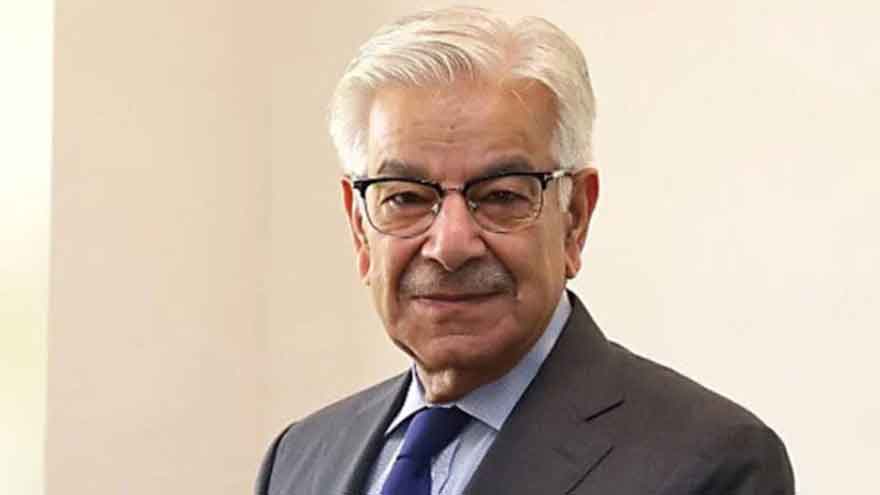SC rules IHC judges’ transfer not unconstitutional in split verdict

Supreme Court of Pakistan has delivered its reserved verdict in the high-profile case concerning the seniority and transfer of Islamabad High Court (IHC) judges, declaring that judicial transfers are not unconstitutional.
The five-member constitutional bench announced the decision with a 3-2 majority. Justice Muhammad Ali Mazhar, Justice Shahid Bilal, and Justice Salahuddin Panhwar were in favor of the majority opinion, while Justice Naeem Akhtar Afghan and Justice Shakeel Afridi dissented.
According to the judgment, the transfer of judges, whether permanent or temporary, does not constitute a new appointment and cannot be deemed unconstitutional. The court ruled that the President of Pakistan will determine the nature of the transfer and the seniority status of the judges involved, and that clarification should be issued through a fresh notification. Until such notification is issued, Justice Sarfraz Dogar will remain as Acting Chief Justice.
The verdict comes after five IHC judges filed petitions challenging the legality of their transfers. The bench, headed by Justice Muhammad Ali Mazhar, reserved its decision after hearing extensive arguments from all parties.
However, in a dissenting note, Justice Afghan and Justice Afridi declared the transfers null and void, arguing that the President violated the Constitution by transferring judges without constitutional backing or justification. They added that the transfers appeared to be made in haste and lacked transparency, alleging malintent behind the move.
Dissenting judges term transfers unconstitutional
Two members of the bench — Justice Naeem Akhtar Afghan and Justice Shakeel Ahmed — issued a dissenting note, raising serious objections to the legality and intent behind the transfers.
They stated that the President violated the Constitution by transferring judges to the IHC without lawful authority, emphasizing that the Constitution does not allow a transferred judge to be appointed as a permanent High Court judge.
The dissenting judges further noted that transfers were made hastily without assigning valid reasons. No specific term of appointment was defined for the transferred judges;
The process reflected bad faith and lacked transparency.
The Supreme Court directed that the President of Pakistan should determine the nature and seniority of judicial transfers, and a fresh notification must clarify the terms and conditions. In the meantime, Justice Sarfraz Dogar will continue to serve as Acting Chief Justice of the IHC.
The verdict has intensified legal debate over the executive’s role in judicial appointments and transfers, especially in light of the dissenting opinion which declared the transfers as unconstitutional and invalid.
Share.Facebook




